Coercive citation information
Home » Trend » Coercive citation informationYour Coercive citation images are ready in this website. Coercive citation are a topic that is being searched for and liked by netizens now. You can Get the Coercive citation files here. Find and Download all free vectors.
If you’re looking for coercive citation images information related to the coercive citation topic, you have visit the right site. Our site always provides you with suggestions for downloading the maximum quality video and image content, please kindly hunt and locate more informative video content and graphics that match your interests.
Coercive Citation. (ii) make no suggestion as to specifi c articles, authors, or a body of work requiring review; Coercive citation is a malpractice in academic publishing wherein an editor of a scientific journal approached and coerced authors to add unwarranted citations to articles before the editor will agree to publish it. This power is important and mainly seen as a potential, rather than an actual. This practice is known as “coercive citation.” whe n applied in a systematic fashion, coercive citation renders journal quality rankings meaningless, as it artificially inflates the impact factors of journals using this practice.
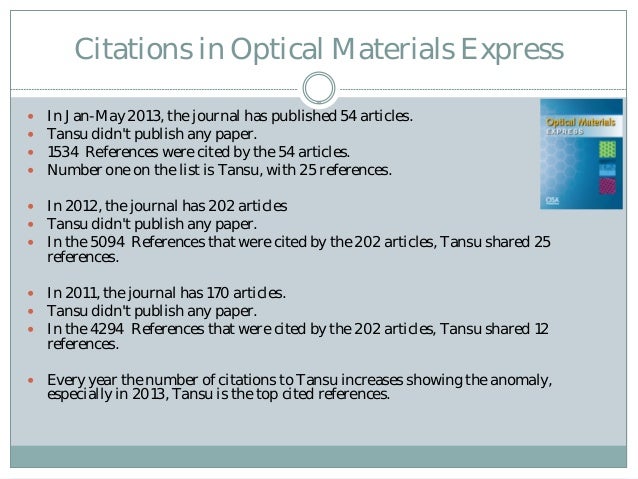 Coercive citation, cite my paper or else From slideshare.net
Coercive citation, cite my paper or else From slideshare.net
Coercive citation is an unethical practice in which an editor forces researchers to add unnecessary citations to other papers (that belong to the same journal). One of the ways in which scientific journals are compared is by their impact factor. Similar to coercive citation by editors, this would involve recommendations for citation to the reviewer�s own work that does not address failures to properly attribute, information gaps, or inaccuracies. (ii) make no suggestion as to specifi c articles, authors, or a body of work requiring review; Coercive power is an ability to discipline, to punish and to withhold rewards to employees in. Previous study only investigated coercive citation from editors to enrich journals’ citations.
Here you have a brief primer on coercive citation to help you understand this practice better:
While some citation overlap can be expected because authors and reviewers often work in the same field, an abundance of reviewer citations in an author’s paper after peer. Coercive citation is an unethical practice in which an editor forces researchers to add unnecessary citations to other papers (that belong to the same journal). And (iii) only guide authors to add citations from the editor’s journal. There is widespread distaste among academics concerning the use of coercive citation. And (iii) only guide authors to add. Once you are able to identify a coercive citation request, the next step is to understand how to handle such requests so that you do not end up using irrelevant citations in your manuscript.
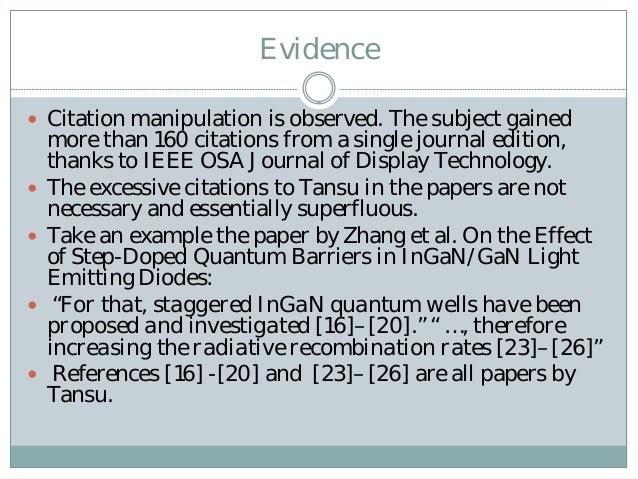 Source: slideshare.net
Source: slideshare.net
It is, therefore, interesting that these two bibliometric measures are so highly correlated. Over 90% of our respondents view coercion as inappropriate, 85.3% think its practice reduces the prestige of the journal, and 73.9% are less likely to submit work to a journal that coerces. Previous study only investigated coercive citation from editors to enrich journals’ citations. Author admin published on february 6, 2012 4 comments on coercive citation. It is actually pretty simple.
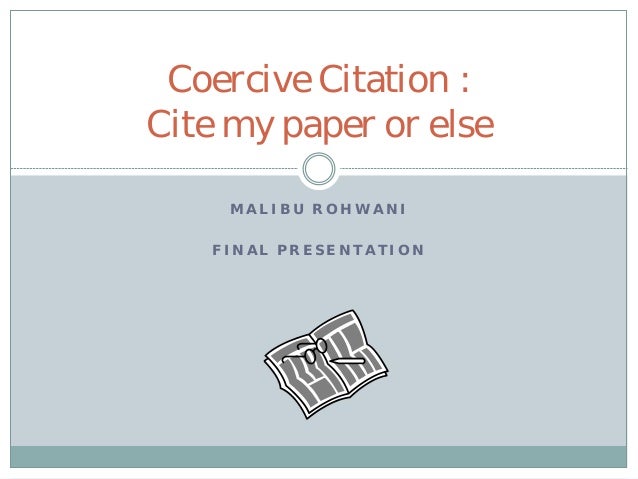 Source: slideshare.net
Source: slideshare.net
It is, therefore, interesting that these two bibliometric measures are so highly correlated. A report published in nature in september 2019 addresses coercive citation, the practice of reviewers encouraging authors to cite the reviewers’ own research in exchange for positive reviews. Acceptance or review, to add additional citations to articles that were published in past issues of their journals. This practice is known as “coercive citation.” whe n applied in a systematic fashion, coercive citation renders journal quality rankings meaningless, as it artificially inflates the impact factors of journals using this practice. Failure to recognize this trend is likely to cause an underestimation of the breadth of practice in this topic.
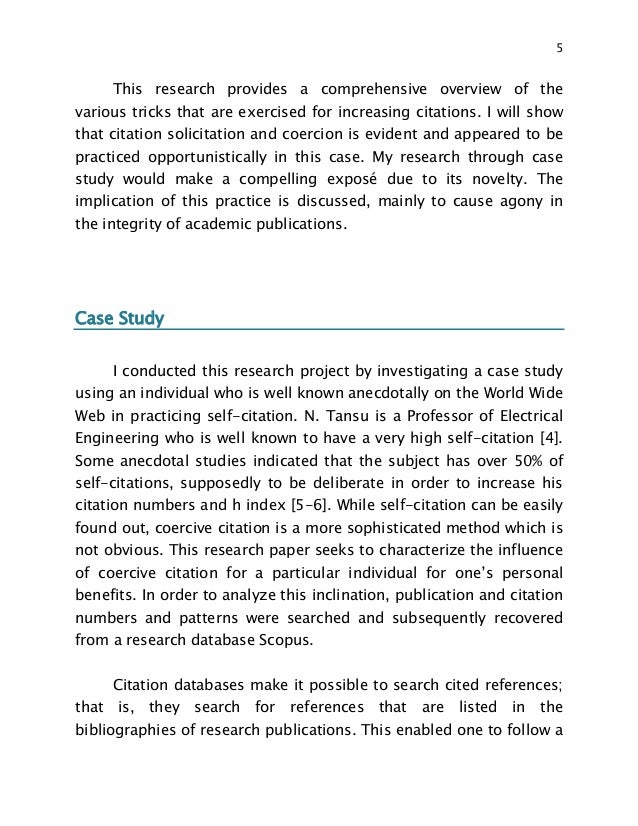 Source: slideshare.net
Source: slideshare.net
And (iii) only guide authors to add. University of alabama in huntsville. It is, therefore, interesting that these two bibliometric measures are so highly correlated. Previous study only investigated coercive citation from editors to enrich journals’ citations. Coercive citation can also be practiced by an individual serving as editor of a journal with the aim to boost one’s own citations.
 Source: youtube.com
Source: youtube.com
Coercive power is an ability to discipline, to punish and to withhold rewards to employees in. Once you are able to identify a coercive citation request, the next step is to understand how to handle such requests so that you do not end up using irrelevant citations in your manuscript. Acceptance or review, to add additional citations to articles that were published in past issues of their journals. (ii) make no suggestion as to specifi c articles, authors, or a body of work requiring review; A report published in nature in september 2019 addresses coercive citation, the practice of reviewers encouraging authors to cite the reviewers’ own research in exchange for positive reviews.
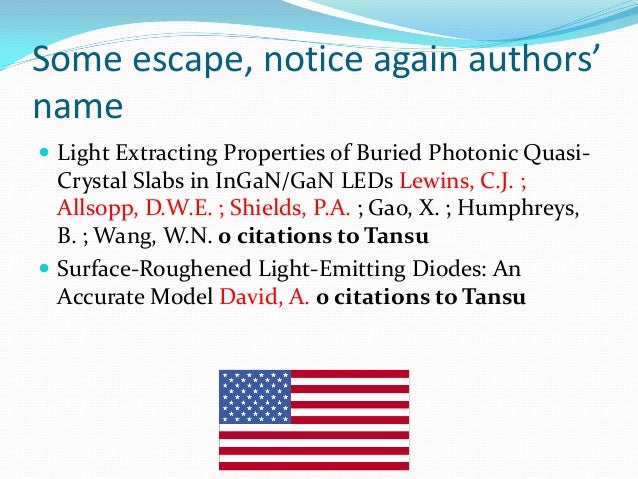 Source: slideshare.net
Source: slideshare.net
Let�s say i publish an article based on microbe x in a peer reviewed journal. Let�s say i publish an article based on microbe x in a peer reviewed journal. This power is important and mainly seen as a potential, rather than an actual. According to a forum discussion by the committee on publication ethics (cope), coercive citation can “range from a suggestion of the editors to the authors to look whether the journal has published papers that are relevant to the current paper and cite them so that readers can better follow the line of research as published in that journal. University of alabama in huntsville.
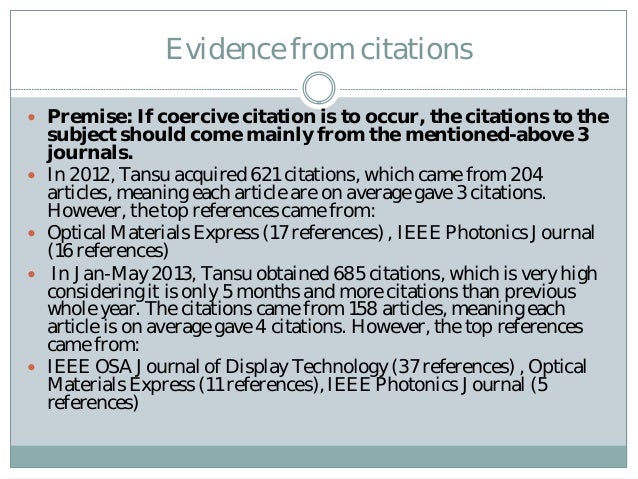 Source: slideshare.net
Source: slideshare.net
Let�s say i publish an article based on microbe x in a peer reviewed journal. University of alabama in huntsville. Coercive citation in academic publishing investigated 2 february 2012 uahuntsville college of business professors, dr. A report published in nature in september 2019 addresses coercive citation, the practice of reviewers encouraging authors to cite the reviewers’ own research in exchange for positive reviews. It is actually pretty simple.
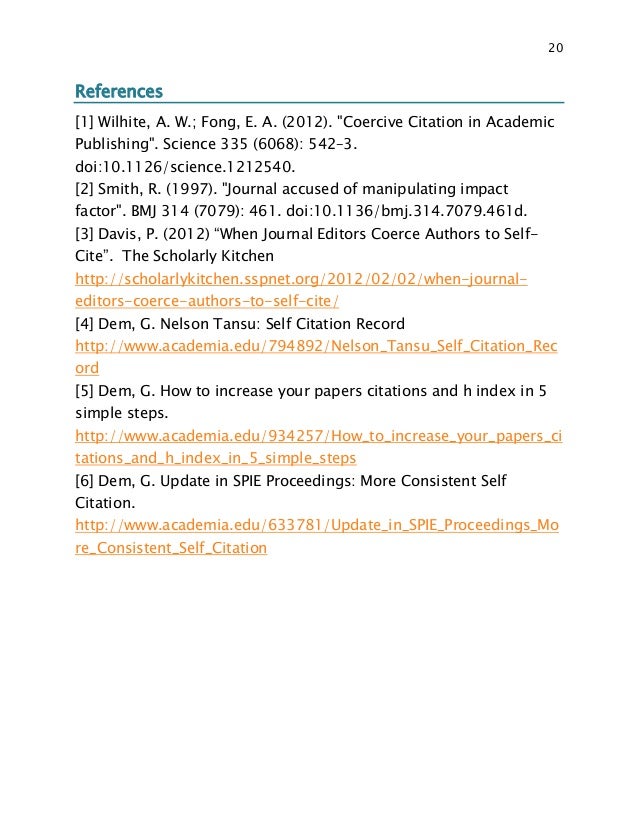 Source: slideshare.net
Source: slideshare.net
Coercive citation is an unethical practice in which an editor forces researchers to add unnecessary citations to other papers (that belong to the same journal). Similar to coercive citation by editors, this would involve recommendations for citation to the reviewer�s own work that does not address failures to properly attribute, information gaps, or inaccuracies. While some citation overlap can be expected because authors and reviewers often work in the same field, an abundance of reviewer citations in an author’s paper after peer. There are many reasons to do that, but the most common one is to inflate the journal’s impact factor. How are these factors calculated?
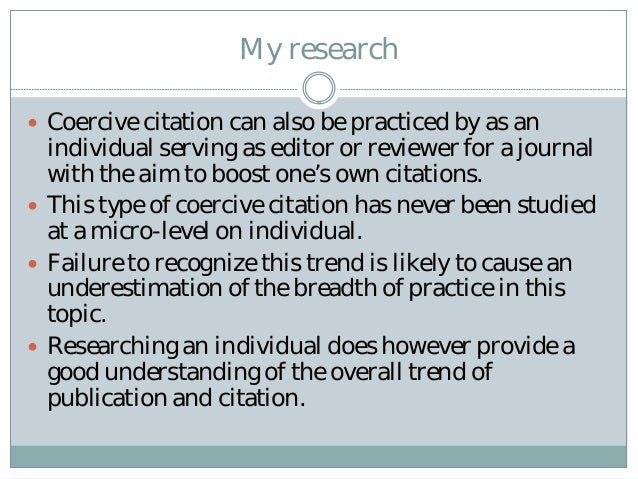 Source: slideshare.net
Source: slideshare.net
(ii) make no suggestion as to specific articles, authors, or a body of work requiring review; And (iii) only guide authors to add. A survey was held recently, with the aim of exploring how pervasive the malpractice of coercive citation is perceived to be by scholars in selected fields in the social sciences, specifically economics, sociology, psychology, and business (). It was found that about one in every five. According to a forum discussion by the committee on publication ethics (cope), coercive citation can “range from a suggestion of the editors to the authors to look whether the journal has published papers that are relevant to the current paper and cite them so that readers can better follow the line of research as published in that journal.
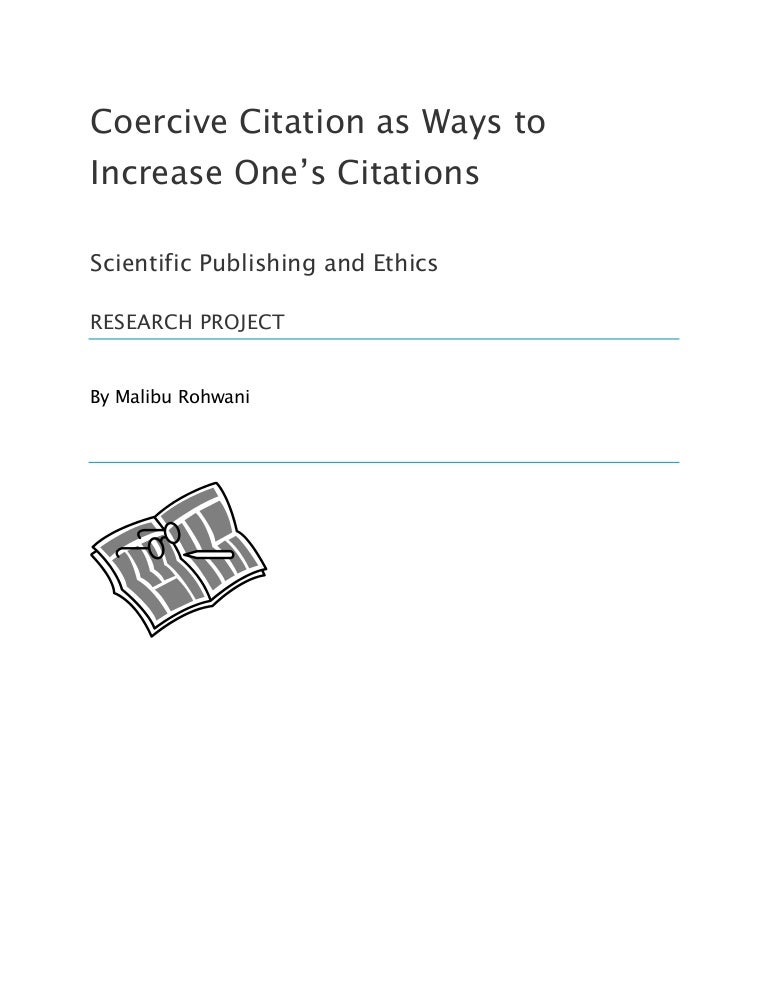 Source: slideshare.net
Source: slideshare.net
According to a forum discussion by the committee on publication ethics (cope), coercive citation can “range from a suggestion of the editors to the authors to look whether the journal has published papers that are relevant to the current paper and cite them so that readers can better follow the line of research as published in that journal. Coercive citation can also be practiced by an individual serving as editor of a journal with the aim to boost one’s own citations. Coercive citation in academic publishing wilhite, allen w.; Acceptance or review, to add additional citations to articles that were published in past issues of their journals. The coercive journal self citations contained in 5yif would most likely be greatest in the most recent two years, as 2yif is known to be affected by coercive journal self citations.
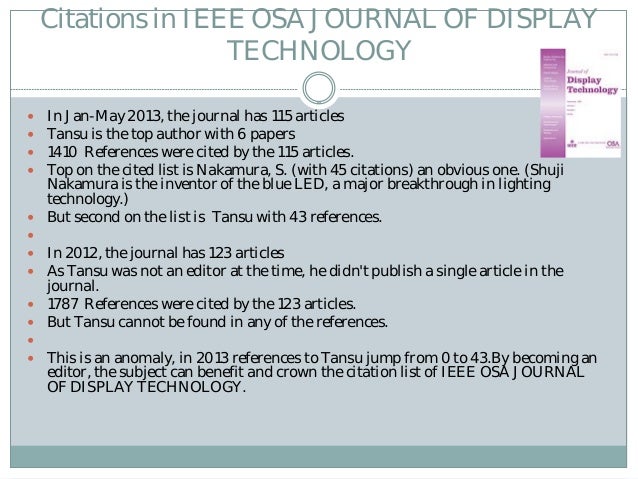 Source: slideshare.net
Source: slideshare.net
Cess, meant to improve a paper. Coercive citation is a malpractice in academic publishing wherein an editor of a scientific journal approached and coerced authors to add unwarranted citations to articles before the editor will ag. (ii) make no suggestion as to. Scientists have examined the unethical practices of some. Here you have a brief primer on coercive citation to help you understand this practice better:
 Source: slideshare.net
Source: slideshare.net
Coercive citation in academic publishing. (ii) make no suggestion as to. Coercive citation is a malpractice in academic publishing wherein an editor of a scientific journal approached and coerced authors to add unwarranted citations to articles before the editor will ag. Author admin published on february 6, 2012 4 comments on coercive citation. It is actually pretty simple.
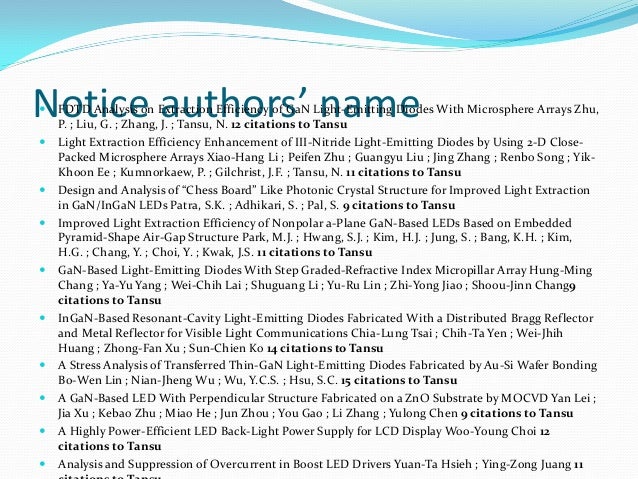 Source: slideshare.net
Source: slideshare.net
Scientists have examined the unethical practices of some. Previous study only investigated coercive citation from editors to enrich journals’ citations. Coercive citation can also be practiced by an individual serving as editor of a journal with the aim to boost one’s own citations. How are these factors calculated? University of alabama in huntsville.
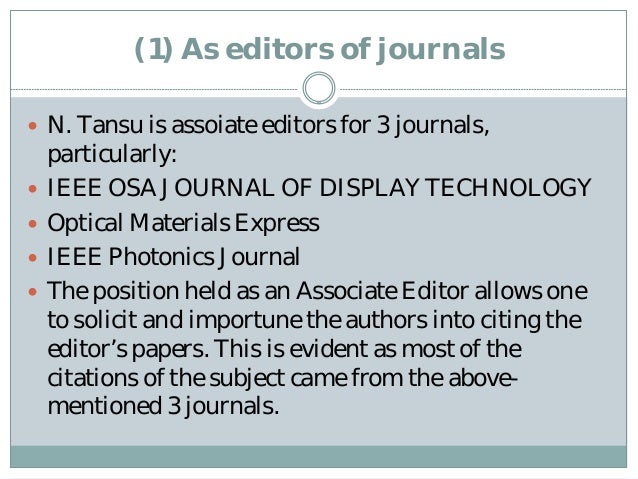 Source: slideshare.net
Source: slideshare.net
Coercive citation in academic publishing. Author admin published on february 6, 2012 4 comments on coercive citation. Let�s say i publish an article based on microbe x in a peer reviewed journal. Coercive citation is a malpractice in academic publishing wherein an editor of a scientific journal approached and coerced authors to add unwarranted citations to articles before the editor will agree to publish it. Coercive citation can also be practiced by an individual serving as editor of a journal with the aim to boost one’s own citations.
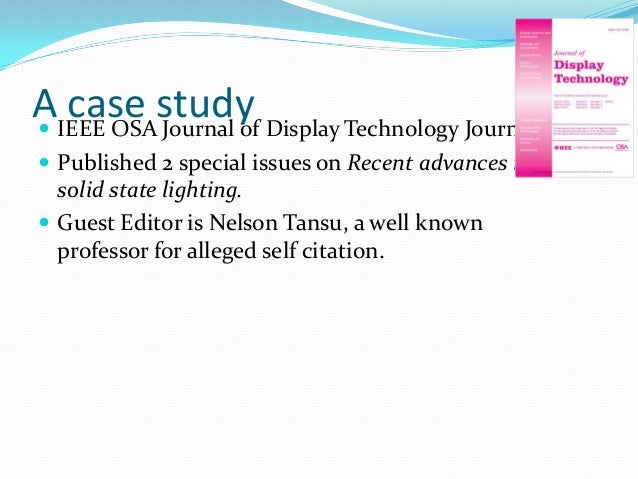 Source: slideshare.net
Source: slideshare.net
Here you have a brief primer on coercive citation to help you understand this practice better: While some citation overlap can be expected because authors and reviewers often work in the same field, an abundance of reviewer citations in an author’s paper after peer. The coercive journal self citations contained in 5yif would most likely be greatest in the most recent two years, as 2yif is known to be affected by coercive journal self citations. Similar to coercive citation by editors, this would involve recommendations for citation to the reviewer�s own work that does not address failures to properly attribute, information gaps, or inaccuracies. Failure to recognize this trend is likely to cause an underestimation of the breadth of practice in this topic.
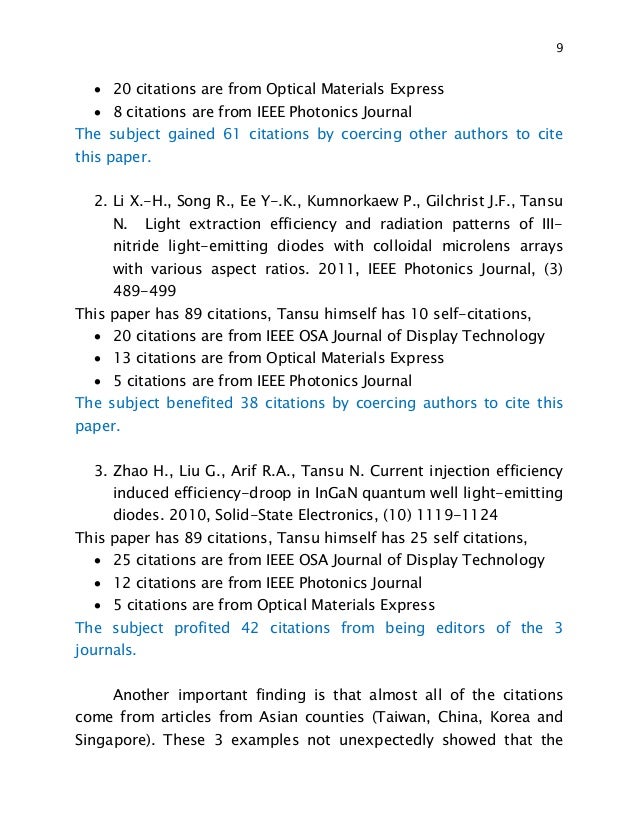 Source: slideshare.net
Source: slideshare.net
And (iii) only guide authors to add. How are these factors calculated? Failure to recognize this trend is likely to cause an underestimation of the breadth of practice in this topic. Similar to coercive citation by editors, this would involve recommendations for citation to the reviewer�s own work that does not address failures to properly attribute, information gaps, or inaccuracies. Coercive citation can also be practiced by an individual serving as editor of a journal with the aim to boost one’s own citations.
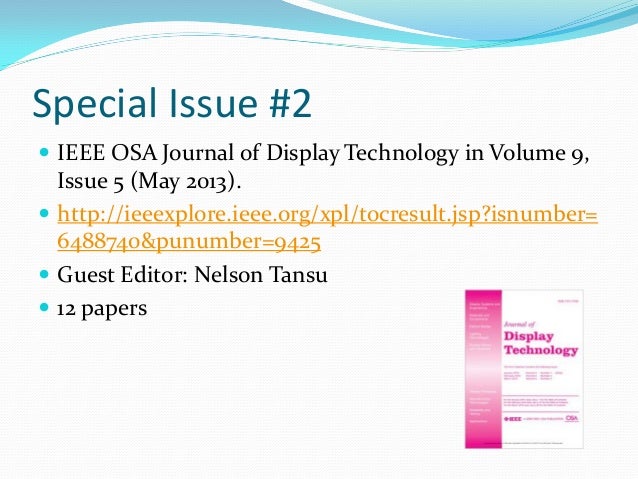 Source: slideshare.net
Source: slideshare.net
Coercive citation in academic publishing. Failure to recognize this trend is likely to cause an underestimation of the breadth of practice in this topic. A survey was held recently, with the aim of exploring how pervasive the malpractice of coercive citation is perceived to be by scholars in selected fields in the social sciences, specifically economics, sociology, psychology, and business (). (ii) make no suggestion as to specifi c articles, authors, or a body of work requiring review; Previous study only investigated coercive citation from editors to enrich journals’ citations.
 Source: slideshare.net
Source: slideshare.net
(ii) make no suggestion as to. There are many reasons to do that, but the most common one is to inflate the journal’s impact factor. Coercive citation in academic publishing investigated 2 february 2012 uahuntsville college of business professors, dr. Let�s say i publish an article based on microbe x in a peer reviewed journal. Failure to recognize this trend is likely to cause an underestimation of the breadth of practice in this topic.
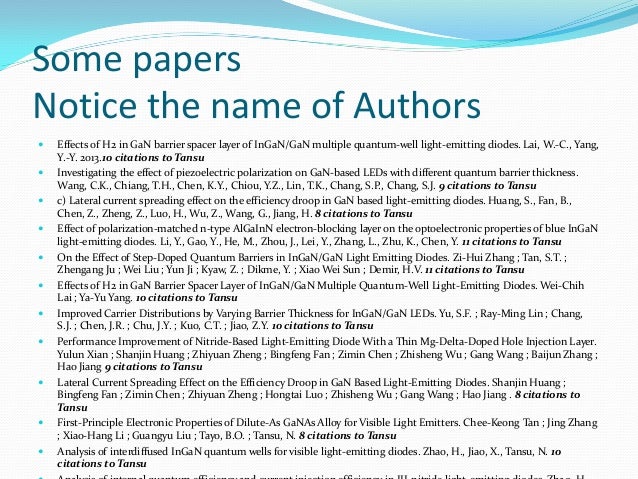 Source: slideshare.net
Source: slideshare.net
Previous study only investigated coercive citation from editors to enrich journals’ citations. This power is important and mainly seen as a potential, rather than an actual. Coercive citation is an unethical practice in which an editor forces researchers to add unnecessary citations to other papers (that belong to the same journal). Similar to coercive citation by editors, this would involve recommendations for citation to the reviewer�s own work that does not address failures to properly attribute, information gaps, or inaccuracies. Previous study only investigated coercive citation from editors to enrich journals’ citations.
This site is an open community for users to do submittion their favorite wallpapers on the internet, all images or pictures in this website are for personal wallpaper use only, it is stricly prohibited to use this wallpaper for commercial purposes, if you are the author and find this image is shared without your permission, please kindly raise a DMCA report to Us.
If you find this site helpful, please support us by sharing this posts to your own social media accounts like Facebook, Instagram and so on or you can also save this blog page with the title coercive citation by using Ctrl + D for devices a laptop with a Windows operating system or Command + D for laptops with an Apple operating system. If you use a smartphone, you can also use the drawer menu of the browser you are using. Whether it’s a Windows, Mac, iOS or Android operating system, you will still be able to bookmark this website.
Category
Related By Category
- De vliegeraar citaten information
- Full reference citation apa style information
- Free apa citation machine online information
- Etre amoureux citation information
- Fight club citation tyler information
- Evene lefigaro fr citations information
- Freud citations aimer et travailler information
- Endnote book citation information
- Flap lever cessna citation information
- Foreign aid debate citation information